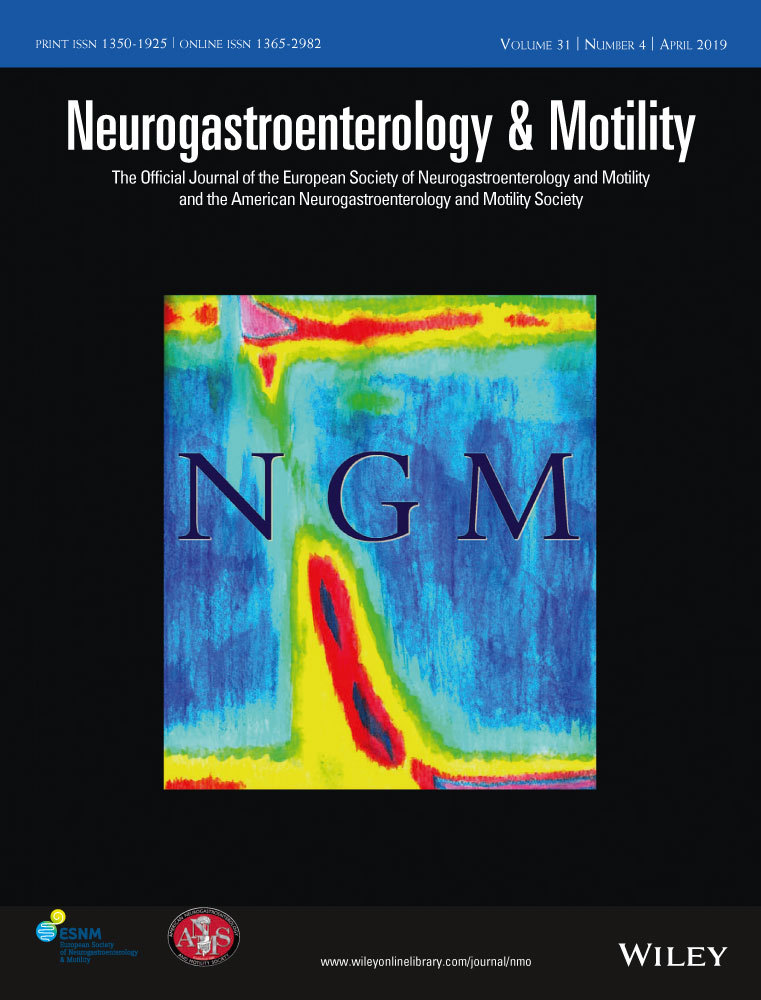Influence of itopride and domperidone on gastric tone and on the perception of gastric distention in healthy subjects
Click here to view the Podcast on this paper.
Abstract
Objective
Itopride, a prokinetic with dopamine D2-antagonistic and cholinesterase inhibitor properties, is used for treating functional dyspepsia (FD) patients. However, the effects of itopride on sensitivity to gastric distention and impaired gastric accommodation, major pathophysiological mechanisms of FD, are unknown. Our aim was to evaluate the effect of itopride on gastric distention and on gastric accommodation in healthy volunteers, compared to placebo and domperidone.
Methods
Fifteen healthy volunteers (6 male, mean age 28.3 ± 5.8) were studied after pretreatment for 2 days tid with placebo (P), itopride 50 mg (I50), itopride 100 mg (I100), or domperidone 10 mg (D10) in a placebo-controlled, double-blind cross-over design. A gastric barostat study was performed to assess gastric compliance, sensitivity to gastric distention, and gastric accommodation. Symptoms were evaluated by visual analogue scales and perception scores.
Results
I50, I100, and D10 did not influence gastric compliance and sensitivity compared to placebo. No significant differences in accommodation were observed after I100 compared to P. Preprandial intragastric volumes were similar with D10, I50, or placebo (respectively, 244 ± 21, 225 ± 23, and 261 ± 36 mL, NS). However, postprandial gastric volumes were lower after I50 compared to placebo (303 ± 34 vs. 448 ± 50 mL, P < 0.01). Gastric accommodation was significantly reduced after D10 (90 ± 26 mL) and I50 (78 ± 25 mL) compared to placebo (186 ± 37 mL, P < 0.05, and P < 0.01).
Conclusion
In healthy subjects, itopride and domperidone do not alter gastric compliance or sensitivity. I50 and D10 three times daily, but not I100, decrease meal-related gastric accommodation.
CONFLICT OF INTEREST
No competing interests declared.




